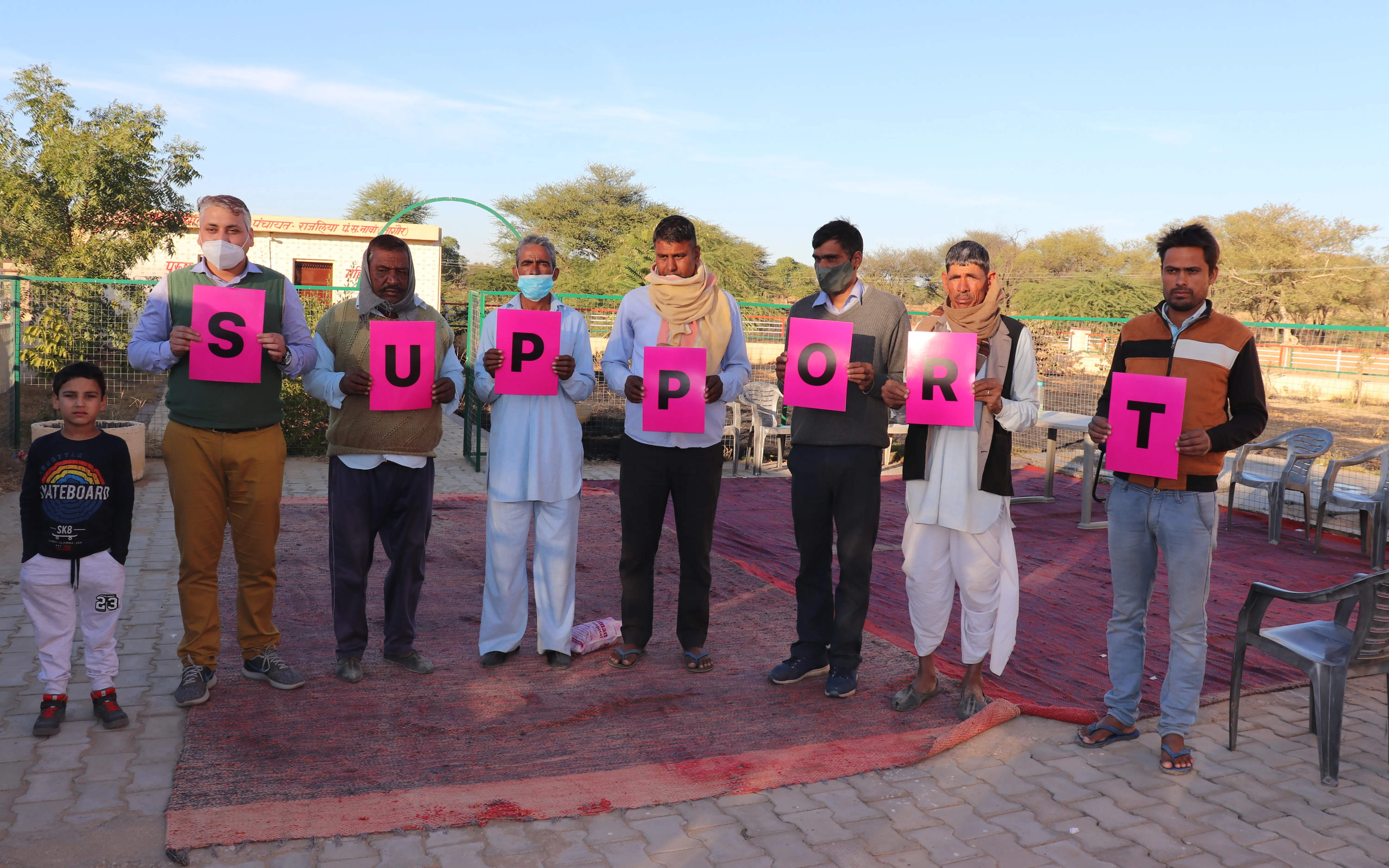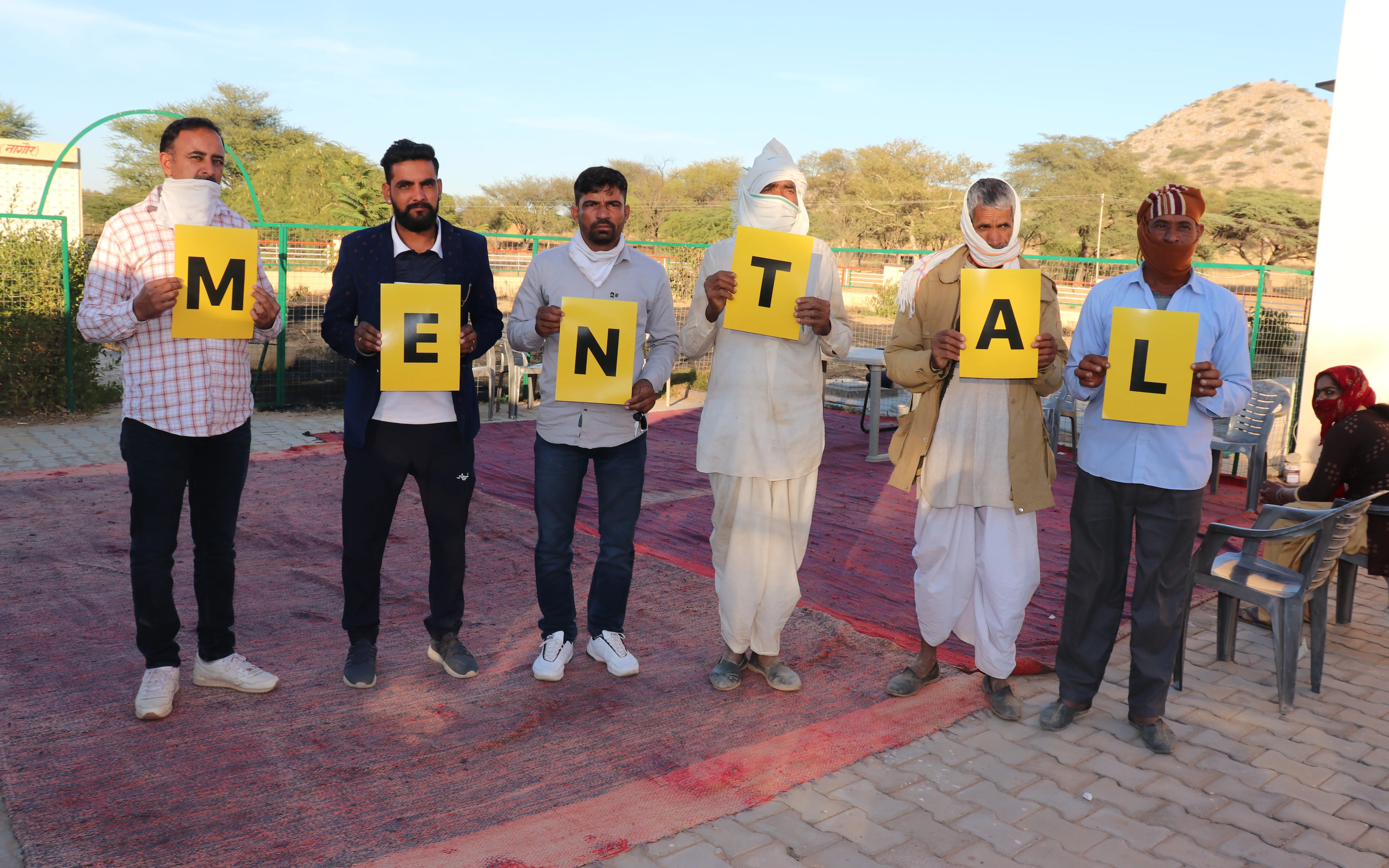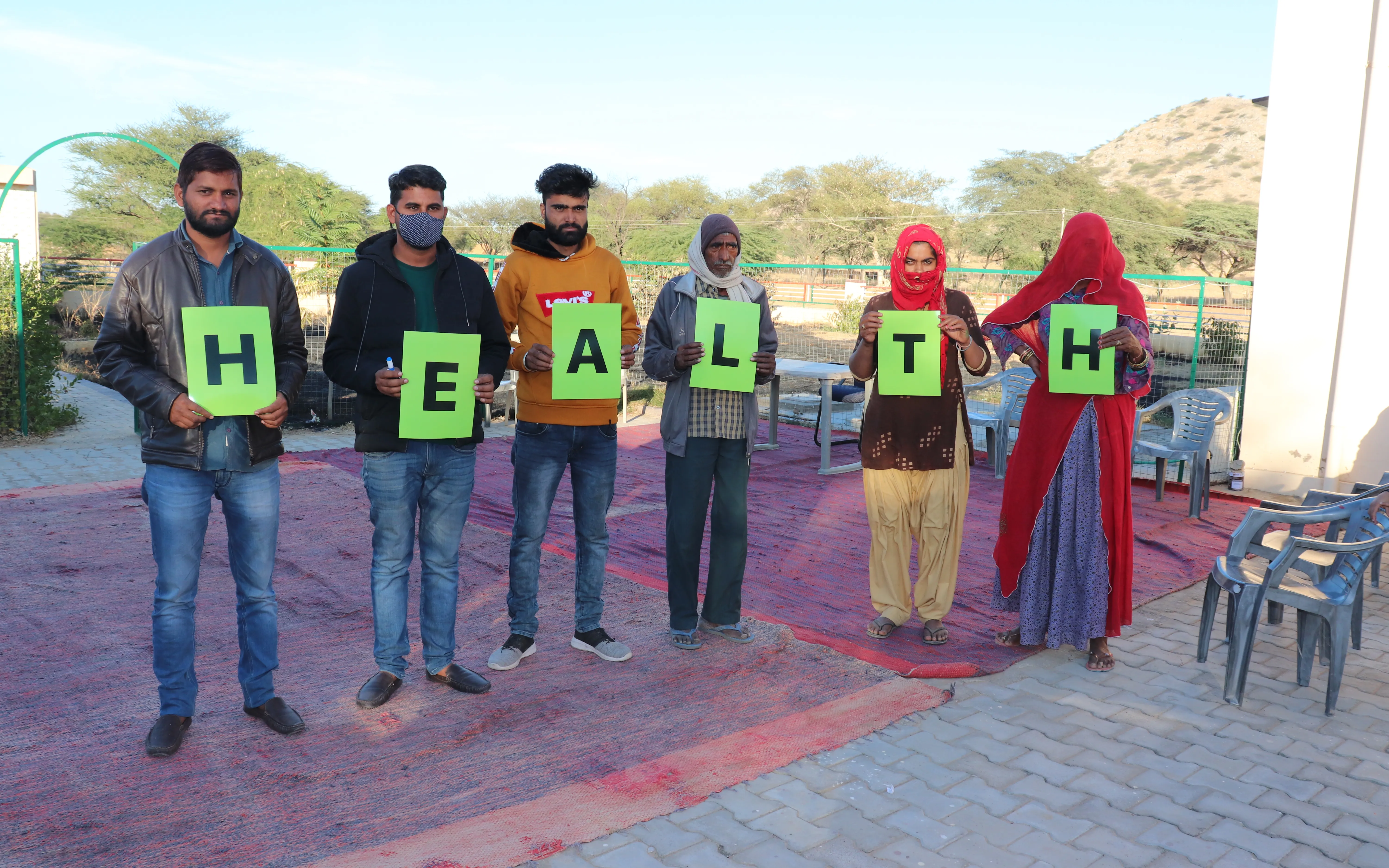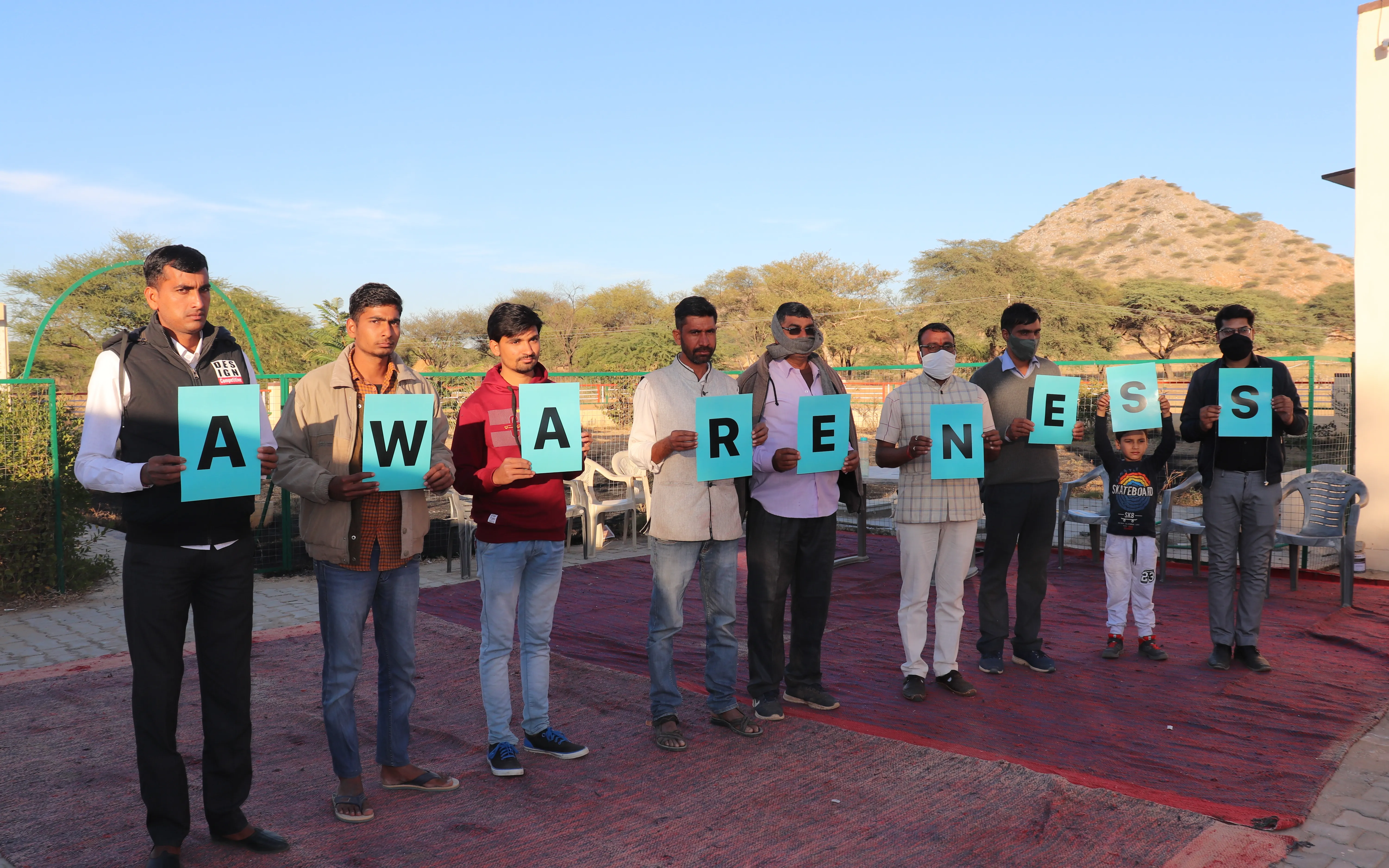Abhishek Kumawat: "Mental health issues or illnesses can happen to anyone, anywhere, and anytime"
What is Mindroot Foundation?
Mindroot Foundation is a registered non-government organization under the Rajasthan Society founded by Dr D. S. Poonia, a psychiatrist aiming to serve the community in the field of Mental Health and address the stigma and discrimination associated with it.
As he said, “No one should be left untreated for mental health disorders because of lack of awareness or fear of the stigma.”
How would you say is Mental Health nowadays?
Mental illness is the most neglected health problem worldwide, especially in the developing world. The National Mental Health Survey in 2016 reported that around 17 Cr and another study in Lancet (2019) shows 19.7 Cr need active intervention. In the post-pandemic era, mental health issues are on the rise. A Lancet study in October 2021, reported a 35 percent increase in mental health problems in India.
Are all these people affected by mental health problems seeking help?
Mental health problems are very common among people of all age groups. The treatment gap for mental health is 70% to 90% (approximately 1 out of 10 affected people reach out for professional help). Lack of awareness about mental health disorders (including substance use disorder) and fear of social stigma are the leading factors for such a huge treatment gap.
This eventually results in personal, social, and work-life imbalances – thus resulting in poor quality of life. In extreme cases, – unfortunately more common than our expectations, it also leads to deaths by suicide.
Do they receive all the necessary help?
No, On average it takes about 8-10 years from the beginning of mental health issues to get proper medical support. As India is largely rural so the infrastructure for mental health is still underdeveloped so many of the cases never receive any professional help of any kind.
What goals do you set for yourself as an entity to resolve this problem?
We, at Mindroot Foundation, are determined to solve these problems by spreading awareness in society with the end goal of reducing stigma. We aim to abate this issue such that discussion and acceptance regarding mental health disorders are comfortable for both patients and members of society, akin to social and personal acceptance of other diseases like the common cold.
What is the consequence of this rise in mental health issues?
The consequence of the rise in mental health issues is reflected in the rise in the suicide rate. In November 2021, the government's National Crime Record Bureau (NCRB) annual report showed that suicides in India increased by an alarming 10 percent in 2020 during the pandemic – nearly 400 Indians died by suicide each day in 2020.
What do you think is the main barrier to solving the problem?
Despite this, 80-90 percent of those with mental illness in India received no treatment. The most contributing factors to not seeking help for mental health issues are the lack of awareness and associated stigma, lack of infrastructure and mental health professionals, less budget allocation for mental Health, and policy implementation problems.
From the foundation, what do you ask of the rest of the population who do not suffer from mental health problems?
We at Mindroot Foundation would say to the world that mental health issues or illnesses can happen to anyone, anywhere, and anytime. The problem is that mental suffering is not visible as physical suffering, it can be felt and perceived in emphatic ways only. It’s not a sign of mental weakness and a person going through mental health issues needs your support, care, and love along with professional help to recover from it similarly to in the case of physical illness.






Add new comment